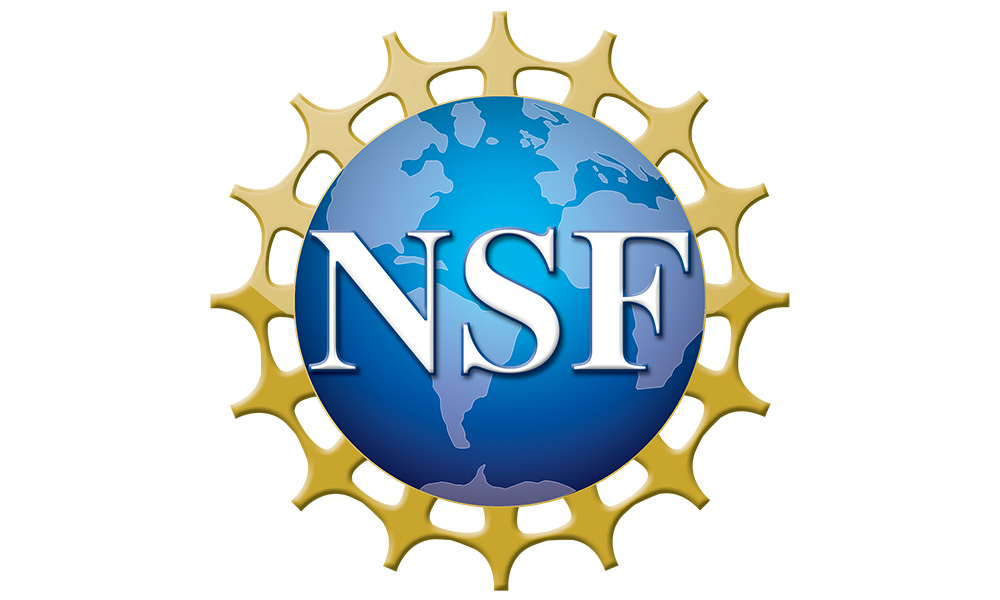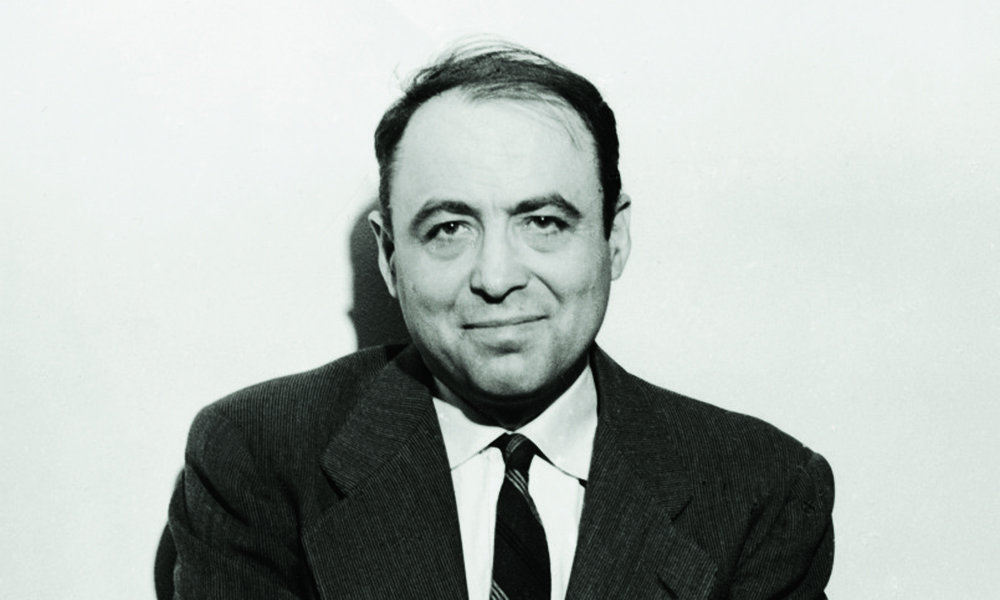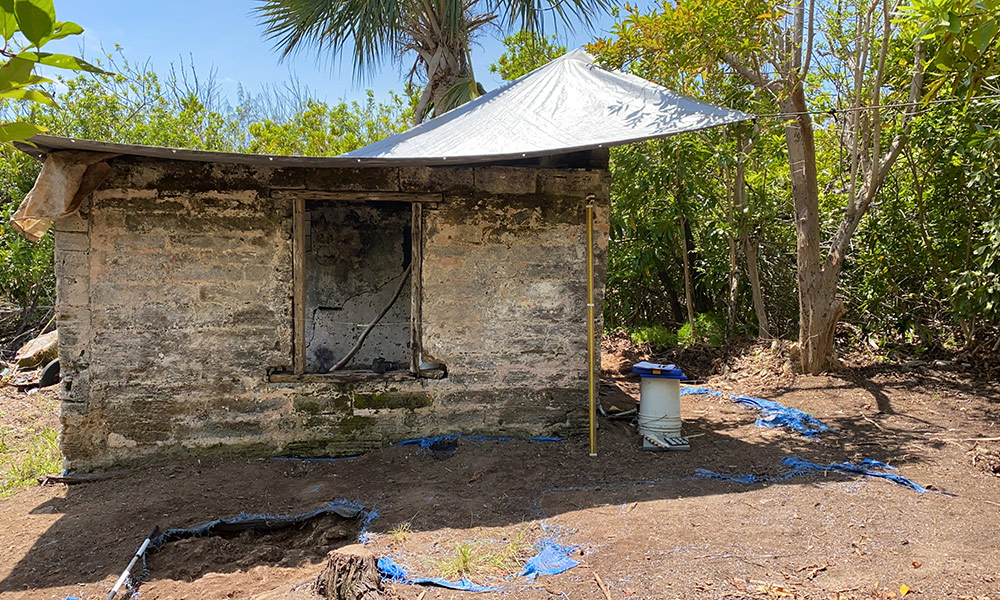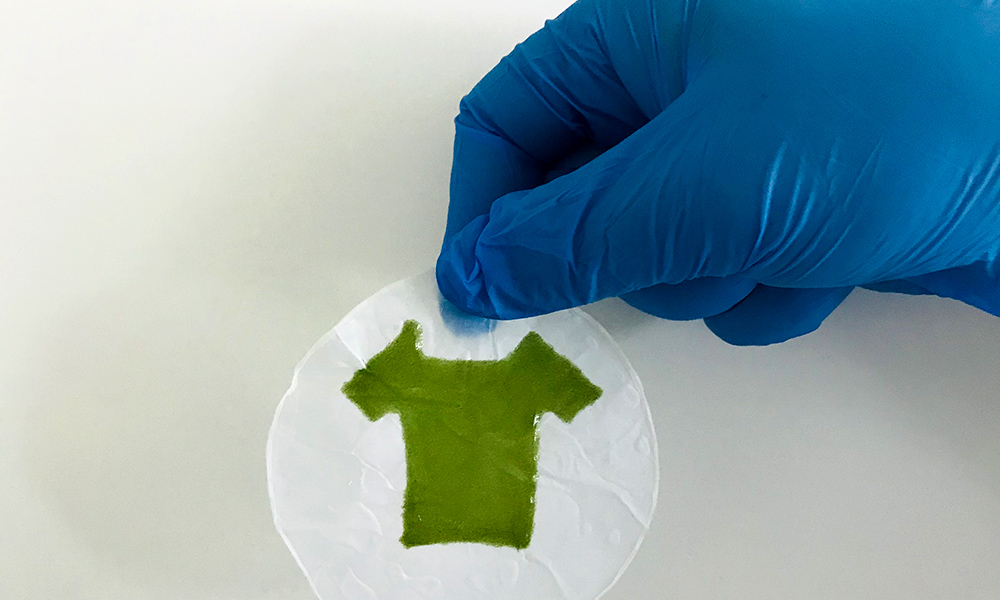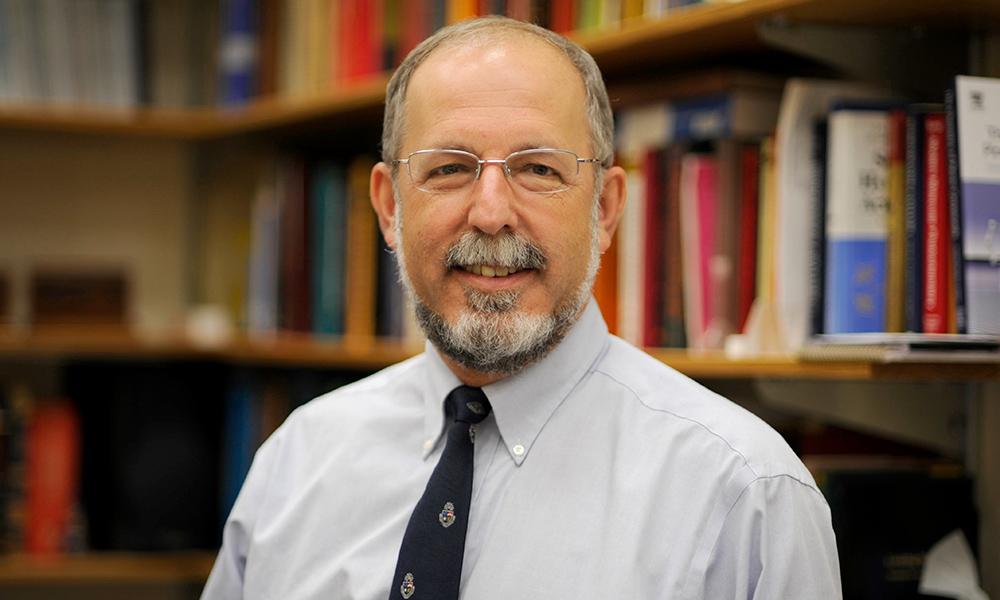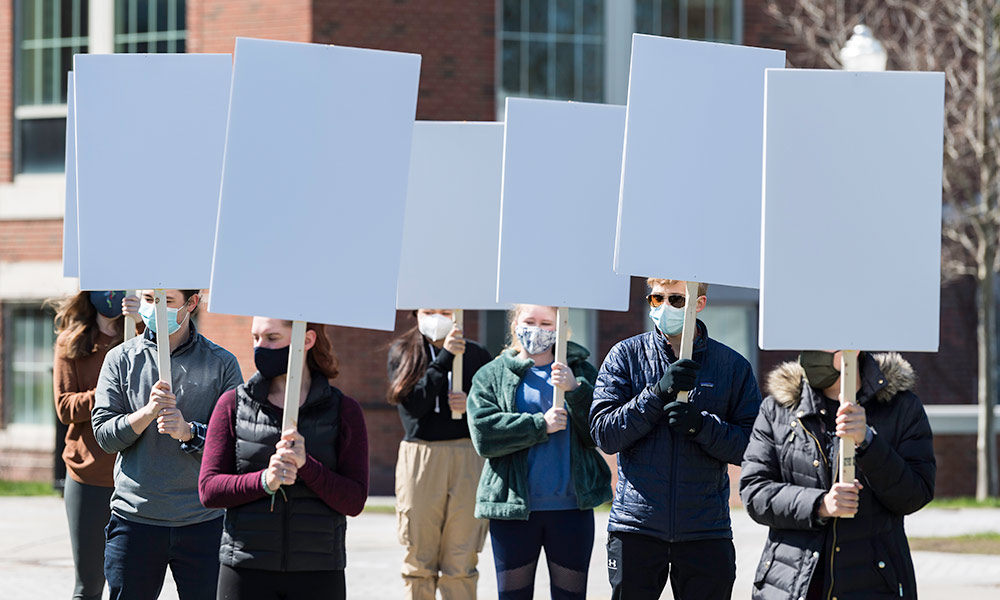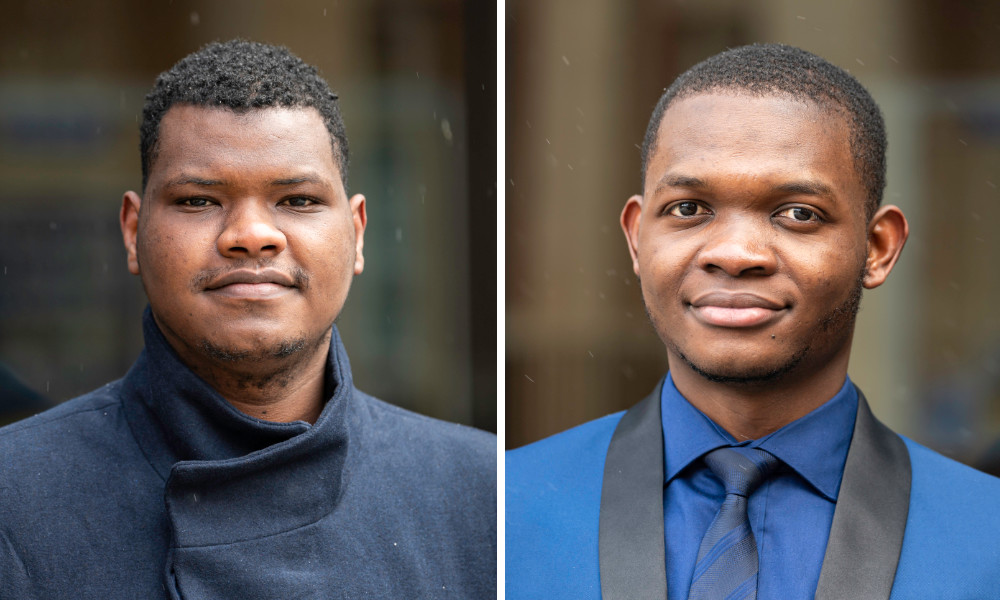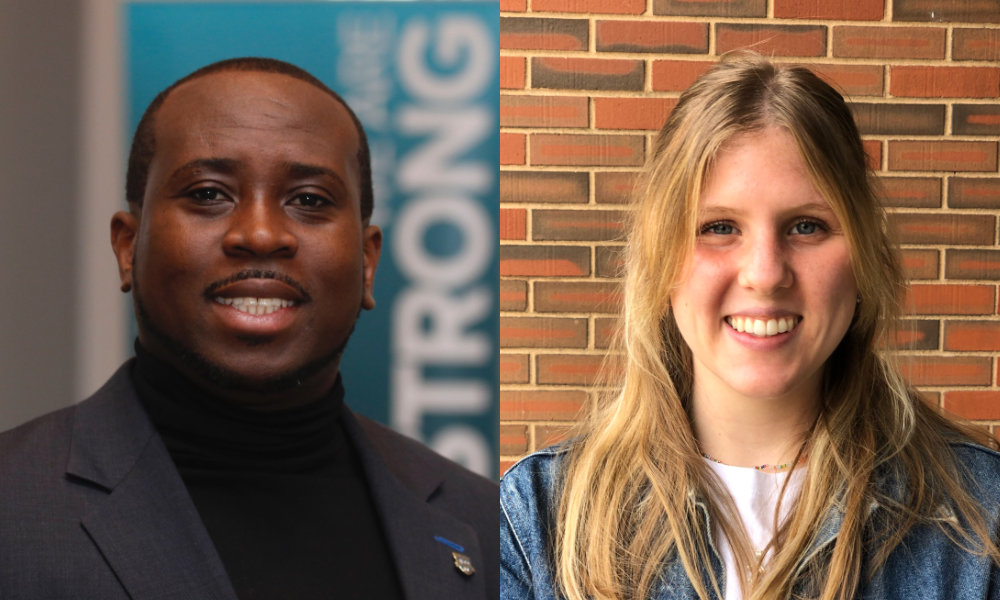
Campus & Community
Even as a remote student, Mary Halm ’21 stays active in University community
May 6, 2021
The health, behavior, and society major is studying from Cleveland but looks forward to a familiar feeling of “home and safety” when she joins classmates for commencement.

